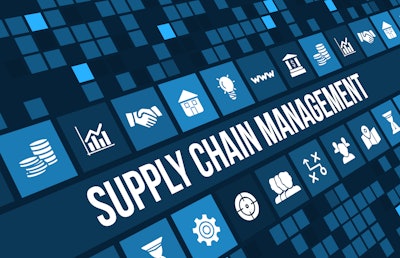
Change management is essential to keeping pace in the marketplace. Shippers (61%) and third-party logistics (3PL) providers (73%) both agree that supply chain change management is vital. Demand for change management is driven by customer experience, economic factors and technological advancements. Among survey respondents, 58% of shippers and 76% of 3PLs are currently employing a change management framework, according to a study presented by Dr. C. John Langley of Penn State University and developed in collaboration with NTT DATA and Penske Logistics.
“While users and providers of 3PL services continue to report successful relationships, they find themselves having to deal with an increasingly wide range of challenges,” says Langley, professor, supply chain and information systems, Penn State University. “While examples include economic concerns, geopolitical unrest, and changing markets for supply chain services, they also are taking advantage of change management processes to benefit from new and improved capabilities such as AI and direct-to-customer proficiencies.”
“This year’s study once again achieves success with providing readers with a nuanced understanding of the key issues facing our supply chains today,” says Ramu Pannala, VP of supply chain technology, Penske Logistics. “Technology will drive the industry forward in many exciting ways.”
“This reinforces what we see in the market regarding businesses trying to manage through the volatility of day-to-day operations, relying on new capabilities like AI, and deeper partner relationships,” says Shanton Wilcox, SVP, supply chain consulting, NTT DATA. “All of these efforts and investments rely on change management to increase the likelihood of success.”
Key takeaways:
- Both shippers and 3PLs are in agreement that artificial intelligence (AI) can be pivotal in automating data analysis, identifying patterns, solving problems and automating repetitive tasks. Results uncovered that 33% of shippers are seeking implementations related to supply planning and demand forecasting, while 19% of 3PLs reported planning implementation in this area. Also, 27% of shippers expressed an interest in transportation and route optimization technologies, while 22% of 3PLs noted they are planning to install these capabilities.
- 48% of shippers and 53% of 3PLs reported that customers routinely expect deliveries in less than two days, and 27% of shippers and 26% of 3PLs noted that there are three-day or less delivery expectations. Shippers (44%) and 3PLs (38%) are willing to absorb a small percentage of the costs related to shipping speeds. Both shippers and 3PLs view delivery speed and further delivery visibility as strong areas of differentiation.



















